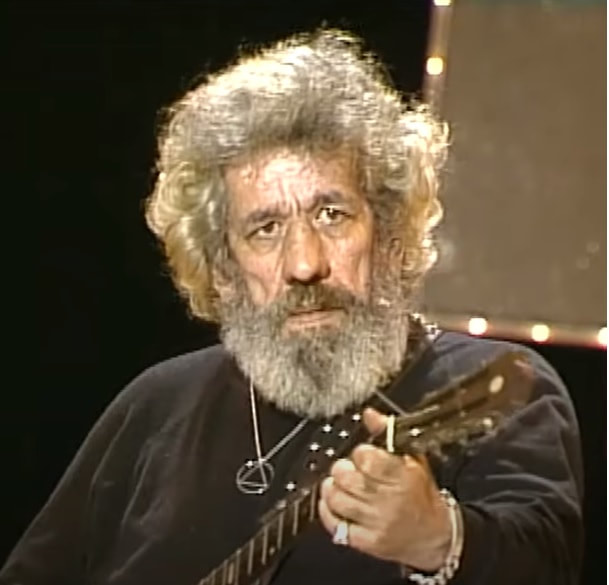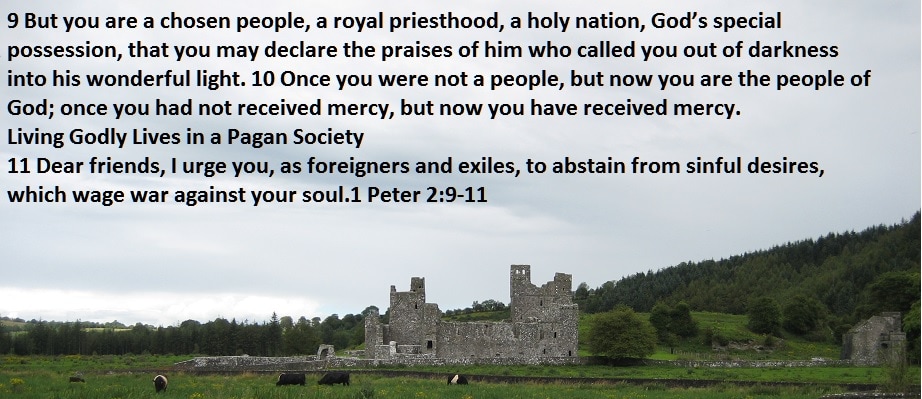Tinkers Lullaby Pecker Dunne Song Lyrics And Guitar Chords
Written and recorded by Pecker. ''The Pecker Dunne'' is a singer songwriter from Ireland's travelling community. He plays the 5 string banjo and comes from a long line of musicians in the Dunne family. He's a regular busker outside G.A.A stadiums on match days. The Pecker's greatest hit was 'O'Sullivans John [ lyrics and chords ]' which was recorded by Johnny McEvoy and by The Dubliners. This is a beautiful little lullaby by Pecker. An Irish Lullaby Song Lyrics are also here for you to learn to play on your guitar.
Words Without The Chords.
Go to sleep my little tinker
Let all your troubles pass you by
For you have no place to camp now
Ah that's a tinkers lullaby.
Ever since you were a baby
Cradle in your mothers shawl
The site they said they didn't want you
And now you have no home at all
When your mother died and left you
You had to fend all alone
All in this land of saints and scholars
And still you have not got a home.
Although your clothes are torn and ragged
And your hair is silvery grey
Some day you'll die and go to heaven
And you will find a camp down there.
Go to sleep my little tinker
Let all your troubles pass you by
For you have no place to camp now
Ah that's a tinkers lullaby.
Go to sleep my little tinker
Let all your troubles pass you by
For you have no place to camp now
Ah that's a tinkers lullaby.
Ever since you were a baby
Cradle in your mothers shawl
The site they said they didn't want you
And now you have no home at all
When your mother died and left you
You had to fend all alone
All in this land of saints and scholars
And still you have not got a home.
Although your clothes are torn and ragged
And your hair is silvery grey
Some day you'll die and go to heaven
And you will find a camp down there.
Go to sleep my little tinker
Let all your troubles pass you by
For you have no place to camp now
Ah that's a tinkers lullaby.
The guitar chords
Go to [C]sleep my little [F]tinker
Let [G]all your troubles pass you [C]by[G]
[C]For you have no place to [F]camp now
Ah [G]that's a tinkers lulla[C]by.
Ever [C]since you were a [F]baby
[G]Cradled in your mothers [C]shawl[G]
The [C]site they said they didn't [F]want you
And [G]now you have no home at [C]all
[C]When your mother died and [F]left you
You [G]had to fend all a[C]lone[G]
All [C]in this land of saints and [F]scholars
And [G]still you have not got a [C]home.
Al[C]though your clothes are torn and [F]ragged
[G]And your hair is silvery [C]grey[G]
Some [C]day you'll die and go to [F]heaven
And [G]you will find a camp ground [C]there.
Repeat 1st verse
Other songs about travellers on the site included The Travelling People , and another called The Last Of The Travelling People which is also be The Pecker Dunne . The Thirty Foot Trailer which was a hit for Luke Kelly , plus Wexford Town .



